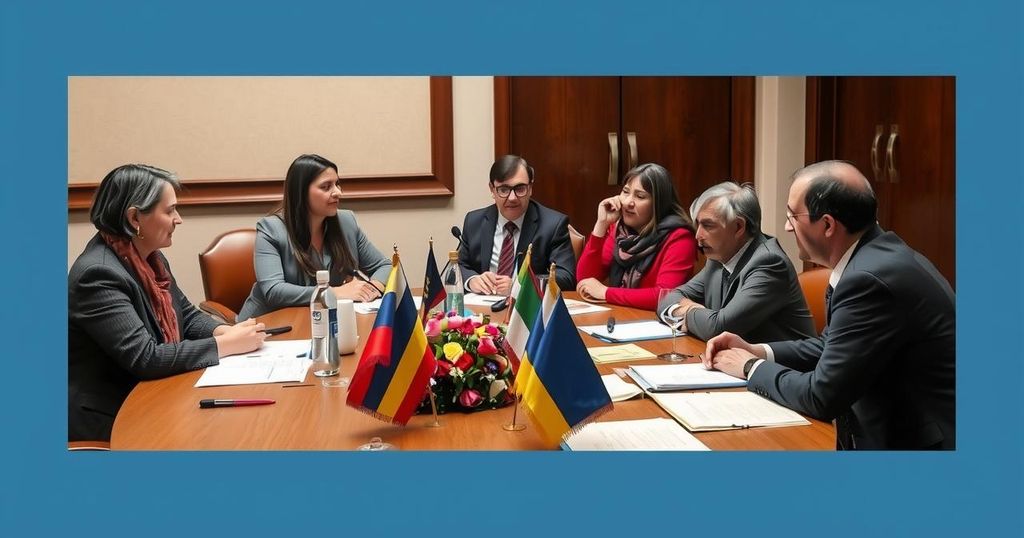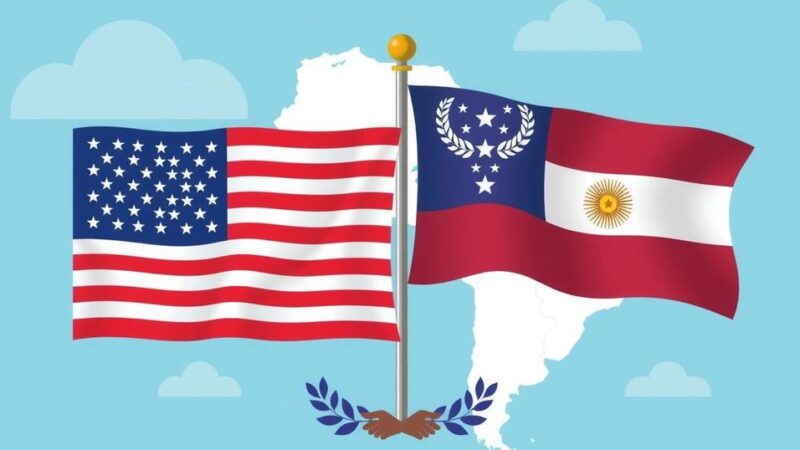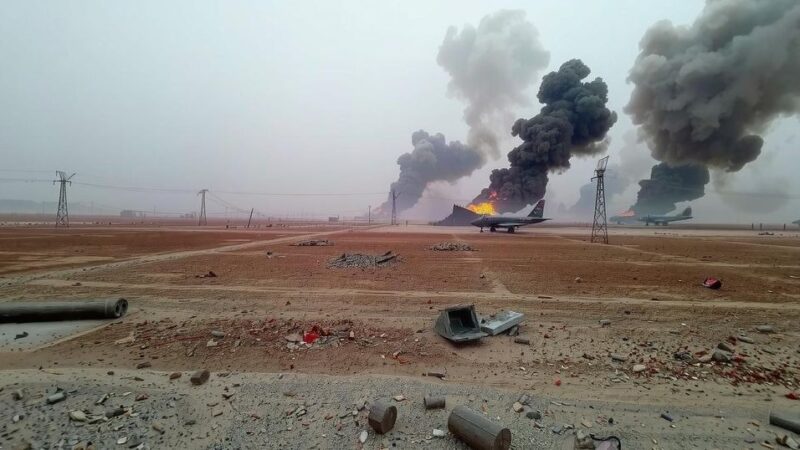The 5th Global Forum Against the Crime of Genocide held in Yerevan focused on enhancing international mechanisms for detecting and preventing genocides. High-level discussions emphasized the role of small states in genocide prevention, the impact of digital technologies, and the importance of international cooperation among various stakeholders. Key messages highlighted the need for education, countering misinformation, and a commitment to uphold the Genocide Convention and human rights.
On December 12 and 13, 2023, Yerevan, Armenia hosted the 5th Global Forum Against the Crime of Genocide, titled “Strengthening the Effectiveness of International Mechanisms for Early Warning and Early Response to the Risk of Genocide and Other Atrocity Crimes.” This significant assembly included high-ranking officials, experts, and scholars who discussed critical issues related to early warning signals and risk factors associated with genocide, emphasizing the importance of cooperation among small states in preventive efforts. Panel discussions addressed gaps within international legal frameworks and explored mechanisms for early alerts regarding mass crimes.
The forum commenced with opening addresses from the President of Armenia, Vahagn Khatchaturyan, and the Minister of Foreign Affairs, Ararat Mirzoyan. President Khatchaturyan underscored Armenia’s leadership in genocide prevention since its independence, citing the nation’s historical plight as a driving force in international advocacy. Minister Mirzoyan highlighted the necessity for robust protection of ethnic and racial groups through international cooperation among various stakeholders, including the United Nations and non-governmental organizations.
A message from UN Secretary-General Antonio Guterres, read at the opening, emphasized the need for enhanced preventive measures such as education to counter misinformation and hate speech. Guterres asserted, “We must respect and implement decisions of the International Court of Justice on the application of the Convention.” Closing remarks were provided by Deputy Foreign Minister Vahan Kostanyan, who acknowledged the vital contributions of smaller states in fostering genocide prevention and reinforced the collective responsibility of the international community to uphold international law.
Participants included representatives from various states, international organizations, and civil society. Discussions were guided by the Yerevan Declaration of Joint Action, initially adopted in 2022, which reaffirmed the importance of the Genocide Convention and recognized the UN’s pivotal role in maintaining peace and security. The declaration also addressed the complex challenges posed by modern technologies, emphasizing both their potential as early warning tools and their contribution to the dissemination of hate speech.
The need for a safe digital environment conducive to human rights was a priority, calling for tighter regulations on social media to combat hate speech and ensuring media literacy among citizens. The declaration concluded with a commitment to foster resilient societies that leverage technology to promote peace, human rights, and sustainable development, ultimately aiming to prevent atrocity crimes.
The Yerevan forum is a continuation of ongoing global efforts to address and prevent genocide, an issue of increasing concern in light of contemporary human rights violations and geopolitical conflicts. The emphasis on early warning mechanisms reflects a growing recognition of the importance of timely interventions to avert atrocities before they escalate. The gathering also acknowledges the role smaller states can play in advocating for and implementing effective prevention strategies, ensuring that their unique perspectives contribute to a more comprehensive international approach.
The 5th Global Forum Against the Crime of Genocide in Yerevan has reinforced the necessity for collaborative preventive measures, particularly among smaller nations. The discussions revealed critical gaps in existing frameworks and highlighted the urgent need for innovative approaches to combat hate speech and misinformation in the digital age. The forum’s outcomes emphasize a collective commitment to uphold human rights and strive for a safer, more resilient global community, dedicated to preventing future genocides and atrocity crimes.
Original Source: www.dailynewsegypt.com






